Jim Douglass arrives in the small town of Rio Arriba in order to witness the hanging of the four men he believes murdered his wife. When the convicts escape, Jim […]
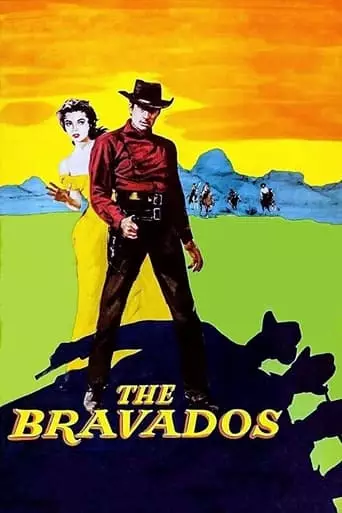
Jim Douglass arrives in the small town of Rio Arriba in order to witness the hanging of the four men he believes murdered his wife. When the convicts escape, Jim […]
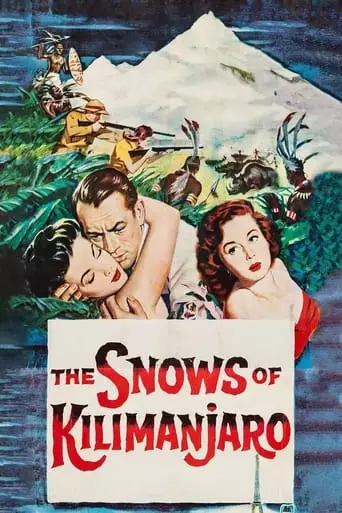
Writer Harry Street reflects on his life as he lies dying from an infection while on safari in the shadow of Mount Kilimanjaro.
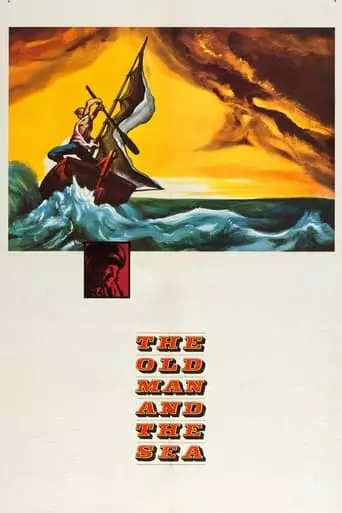
Santiago is an aging, down-on-his-luck, Cuban fisherman who, after catching nothing for nearly 3 months, hooks a huge Marlin and struggles to land it far out in the Gulf Stream. […]
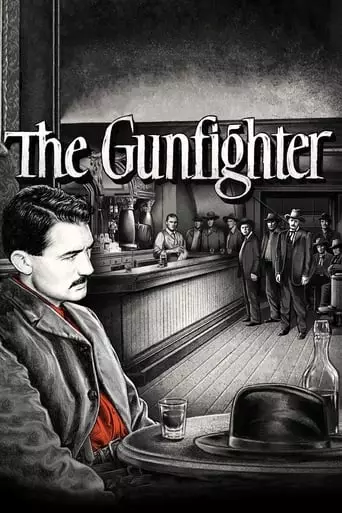
The fastest gun in the West tries to escape his reputation. “The Gunfighter” is a 1950 American Western film that explores the psychological toll that fame and violence have on […]
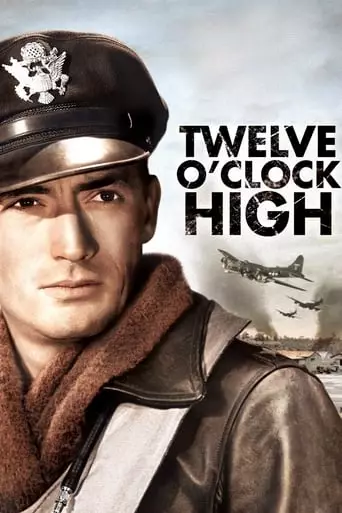
In the early days of daylight bombing raids over Germany, General Frank Savage must take command of a ‘hard luck’ bomber group. Much of the story deals with his struggle […]
Henry King: A Pioneering Director of Classic Hollywood Cinema
Henry King was a distinguished American filmmaker whose career spanned over four decades and included a wide range of genres, from epic historical dramas to intimate character studies. Known for his strong visual style, skillful direction of actors, and ability to craft compelling narratives, King became one of the most respected directors in Hollywood during the Golden Age of cinema. His films are often remembered for their rich storytelling, emotional depth, and technical precision.
Early Life and Career Beginnings
Henry King was born on April 24, 1886, in Christiansburg, Virginia. He began his career in the film industry as an actor, appearing in silent films in the early 1910s. However, King quickly transitioned to directing, where he found his true calling. His early work as a director consisted mainly of silent films, which helped him develop his skills in visual storytelling and composition.
King’s directorial career began in earnest in 1915, and he quickly made a name for himself with his ability to create emotionally resonant films. He was one of the first directors to successfully make the transition from silent films to the “talkies” in the late 1920s, showcasing his adaptability and skill in a rapidly changing film industry.
Rise to Prominence in Hollywood
By the 1930s, Henry King had established himself as a reliable and versatile director, able to handle a wide range of genres. He worked with major studios such as 20th Century Fox, where he directed some of his most famous and enduring films. King was known for his ability to bring out the best in his actors, and many of his films featured strong performances that became iconic in Hollywood history.
Some of his most notable works during this period include:
The Song of Bernadette (1943): Perhaps one of King’s most celebrated films, The Song of Bernadette is a religious drama based on the true story of Bernadette Soubirous, a young girl who claims to have seen visions of the Virgin Mary in Lourdes, France. The film stars Jennifer Jones in a career-defining role, for which she won an Academy Award for Best Actress. King’s direction of the film was widely praised for its sensitivity and reverence toward the subject matter, and the film became a major box-office success. It also won several Academy Awards, including Best Cinematography and Best Art Direction.
Twelve O’Clock High (1949): A powerful war drama set during World War II, Twelve O’Clock High stars Gregory Peck as a tough but compassionate general who must lead a group of airmen through dangerous missions. The film is notable for its realistic portrayal of the psychological toll of war on soldiers and its exploration of leadership and morale. Twelve O’Clock High was both a critical and commercial success, and it earned several Academy Award nominations, including Best Picture. King’s direction was praised for its emotional depth and its ability to handle complex themes.
The Gunfighter (1950): A classic western starring Gregory Peck, The Gunfighter tells the story of a legendary gunslinger who is trying to escape his violent past. The film is notable for its mature treatment of the western genre, focusing on the psychological and emotional struggles of the protagonist rather than the typical action-oriented narrative. King’s direction of the film was lauded for its depth and realism, making it one of the most respected westerns of its time.
A Bell for Adano (1945): Based on the Pulitzer Prize-winning novel by John Hersey, A Bell for Adano is a war drama set in Italy during World War II. The film tells the story of an American officer who is tasked with restoring order to a small Italian town. King’s direction was praised for its warmth and humanity, as well as its ability to balance the film’s serious themes with moments of humor and compassion.
Style and Themes
Henry King’s films were known for their strong character development, emotional depth, and attention to detail. He had a particular talent for drawing out powerful performances from his actors, often making use of subtle facial expressions and body language to convey complex emotions. His films frequently explored themes of faith, sacrifice, duty, and personal redemption—subjects that were often tied to larger societal and moral questions.
King was also known for his ability to handle large-scale productions, particularly in historical and war dramas. His films often featured sweeping cinematography and epic storylines, but he never lost sight of the personal stories at the heart of the action. He was adept at balancing spectacle with intimate moments, creating films that were both visually impressive and emotionally resonant.
Later Career and Legacy
As the 1950s progressed, King continued to direct films, though his output slowed somewhat. He made fewer films during this period, but his reputation as a director remained strong. His later works, including The Bravados (1958) and The Black Swan (1942), were still well-received, though they did not achieve the same level of success as his earlier films.
King retired from filmmaking in the 1960s, having left behind a legacy of films that have stood the test of time. He passed away on March 29, 1982, at the age of 95, leaving behind a body of work that continues to be admired by cinephiles and filmmakers alike.
Conclusion
Henry King was one of the great directors of classic Hollywood, known for his versatility, emotional depth, and technical skill. His films, which spanned a wide range of genres, were marked by strong character development, powerful performances, and a deep understanding of human emotion. Whether directing historical epics, war dramas, or intimate character studies, King consistently delivered films that resonated with audiences and critics alike.
Today, Henry King’s legacy as a filmmaker endures through the timeless nature of his films. His contributions to Hollywood cinema, particularly in the realms of drama and historical storytelling, remain an important part of the industry’s history. Directors and film lovers continue to look back at his work as an example of the power of cinema to explore the complexities of the human experience.